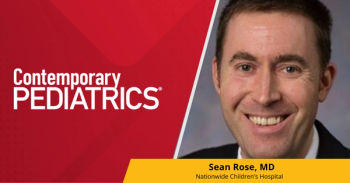
Early Births Linked to Difficulties in Adulthood
Decreased gestational age at birth was associated with a higher risk of severe medical disabilities in adulthood, as well as a lower likelihood of reaching several educational milestones or having a high income, according to research published in the July 17 issue of the New England Journal of Medicine.
WEDNESDAY, July 16 (HealthDay News) -- Decreased gestational age at birth was associated with a higher risk of severe medical disabilities in adulthood, as well as a lower likelihood of reaching several educational milestones or having a high income, according to research published in the July 17 issue of the New England Journal of Medicine.
Dag Moster, M.D., Ph.D., of the University of Bergen in Bergen, Norway, and colleagues analyzed data from 903,402 infants born in Norway between 1967 and 1983, and accessed national databases to evaluate a variety of the individuals' outcomes in adulthood.
Compared to those born at term, those born between 23 and 27 weeks of gestation who survived to adulthood had a markedly higher risk of cerebral palsy (relative risk 78.9), mental retardation (relative risk 10.3) and receiving a disability pension (relative risk 7.5), the researchers found. Excluding those with medical disabilities, a lower gestational age at birth was linked to less likelihood of completing high school, getting a bachelor's or postgraduate degree, having a high income or finding a life partner.
"The current study shows that there is a continuous relationship between decreasing gestational age at birth and a wide range of adverse outcomes, without any obvious threshold. Since most preterm births occur at moderate rather than extreme prematurity, most of those with special needs may be those who were born at a moderately premature gestational age," the authors write. "Studies are needed to identify modifiable factors that predict adult outcomes among children born prematurely in order to improve preventive and therapeutic strategies."
Copyright © 2008
Newsletter
Access practical, evidence-based guidance to support better care for our youngest patients. Join our email list for the latest clinical updates.






